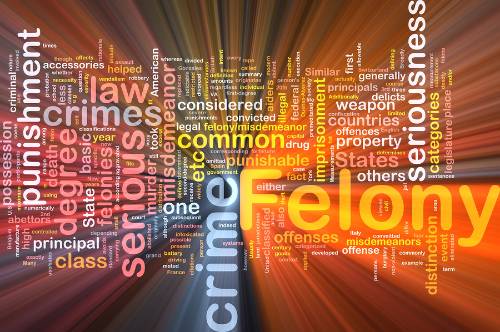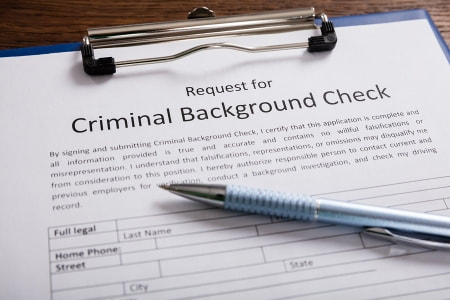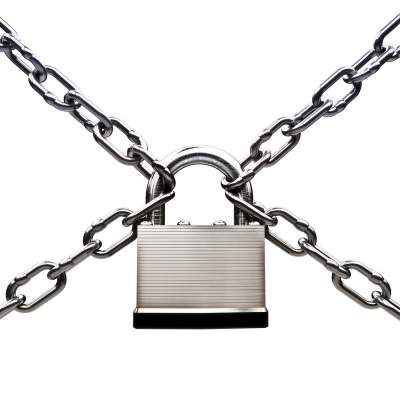Do judgments go away in NC?Civil judgments expire after ten years in North Carolina. How long can a judgment last in NC? A judgment in North Carolina is good for maximum of 10 years, but can be “renewed” one time meaning it can last a maximum of 20 years. Do judgments accrue interest in NC? Civil judgment in North Carolina typically accrue interest at 8% per year meaning they essentially double every 10 years.
0 Comments
Grounds to file a Motion for Appropriate Relief
What charges qualify for a Motion for Appropriate Relief? Although a Motion for Appropriate Relief can be filed after serious felony convictions this article will focus on MAR by consent which usually involves lower-level crimes such as infractions and misdemeanors. Examples of convictions where the prosecutor may consent to a MAR are:
This includes protecting a business from negligently hiring someone who has a criminal record. Shielding private companies from civil liability removes much of the stigma and risk they face by renting to or hiring someone with a record. Essentially you are more likely to get hired or more likely to obtain housing if you have a criminal record after obtaining a Certificate of Relief. Requirements for Certificate of Relief
Updated 12/16/2020
December 14, 2020 updateChief Justice Cheri Beasley issued an order extending Emergency Directives 2–5, 8–15, 18, and 20–22 in response to the public health threat posed by the COVID-19 outbreak. North Carolina Courts will postpone non-essential, in-person court proceedings for 30 days, beginning Monday, December 14. May 21, 2020 updateChief Beasley issued a new Order dated May 21, 2020. Some of the main points are as follows:
How much does it cost to file an extension of time?There is no filing fee to file a Motion and Order to extend time to Answer a lawsuit in North Carolina. This makes it a good practice to go ahead and file an extension of time in every lawsuit, but especially for credit card lawsuits as negotiating a settlement usually takes longer than 30 days and you certainly do not want to miss a deadline to file an Answer and lose by default!
|





